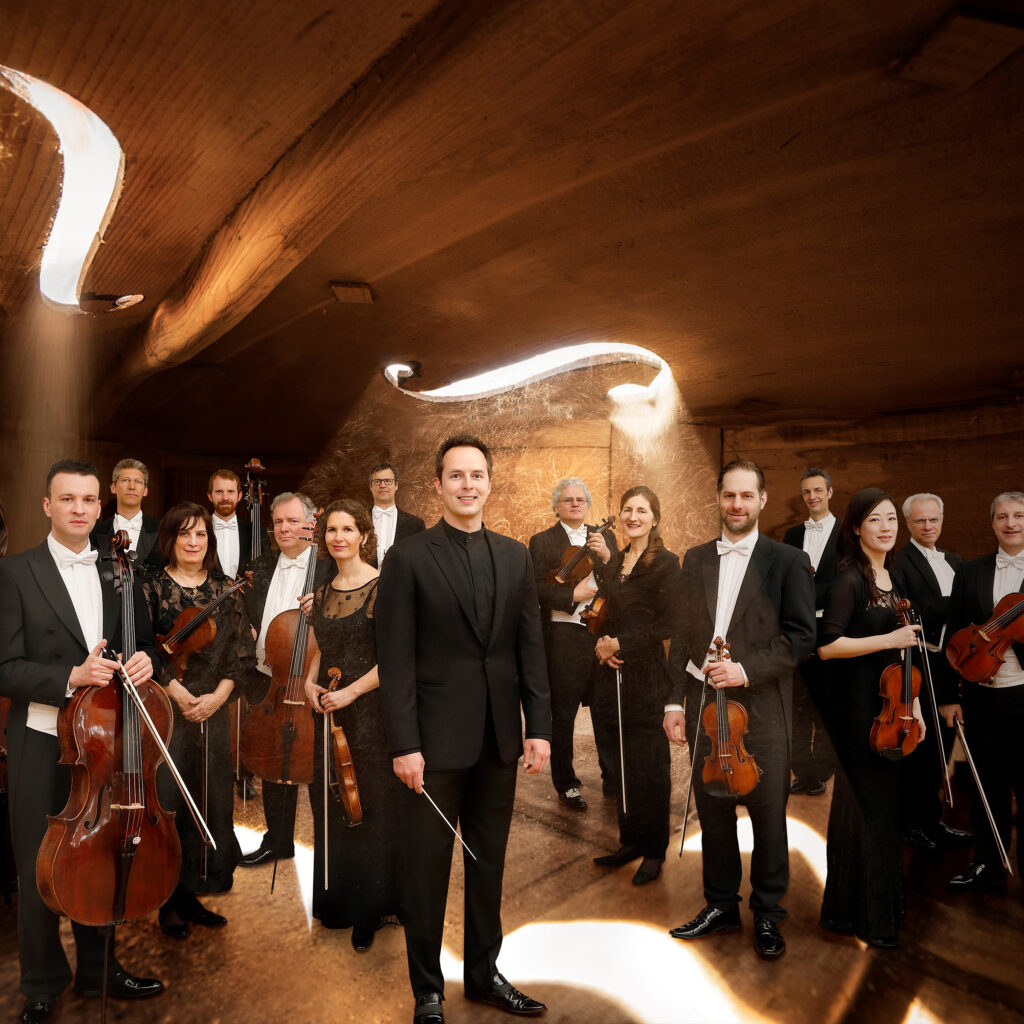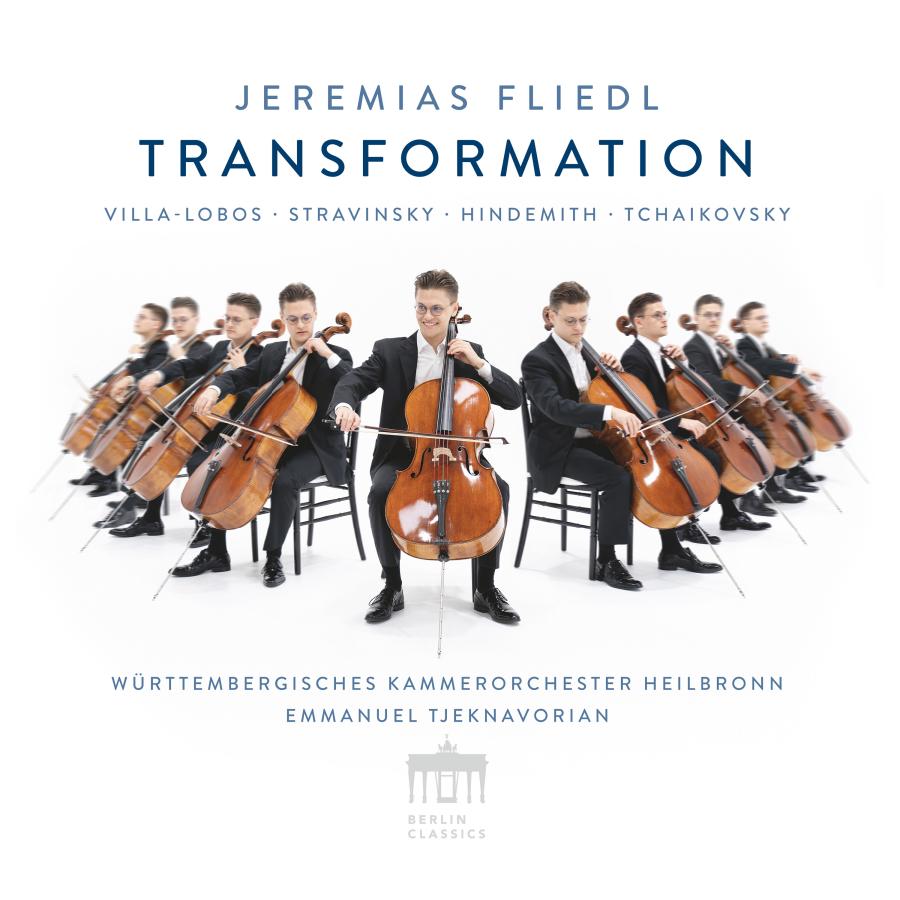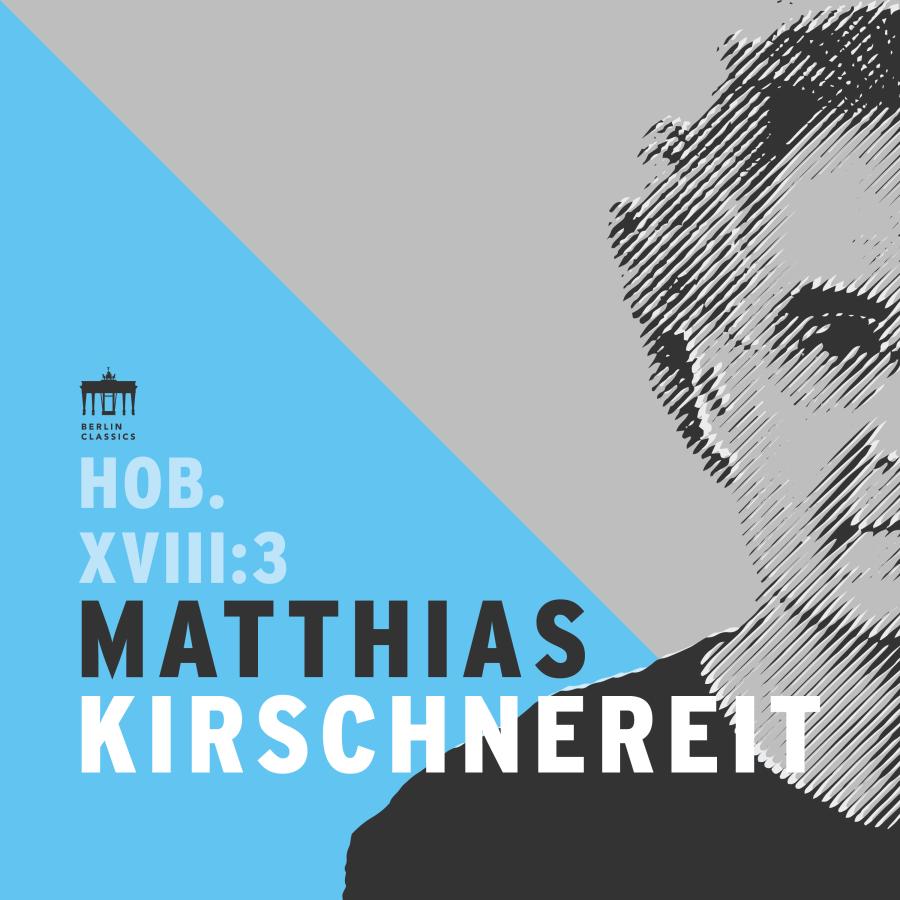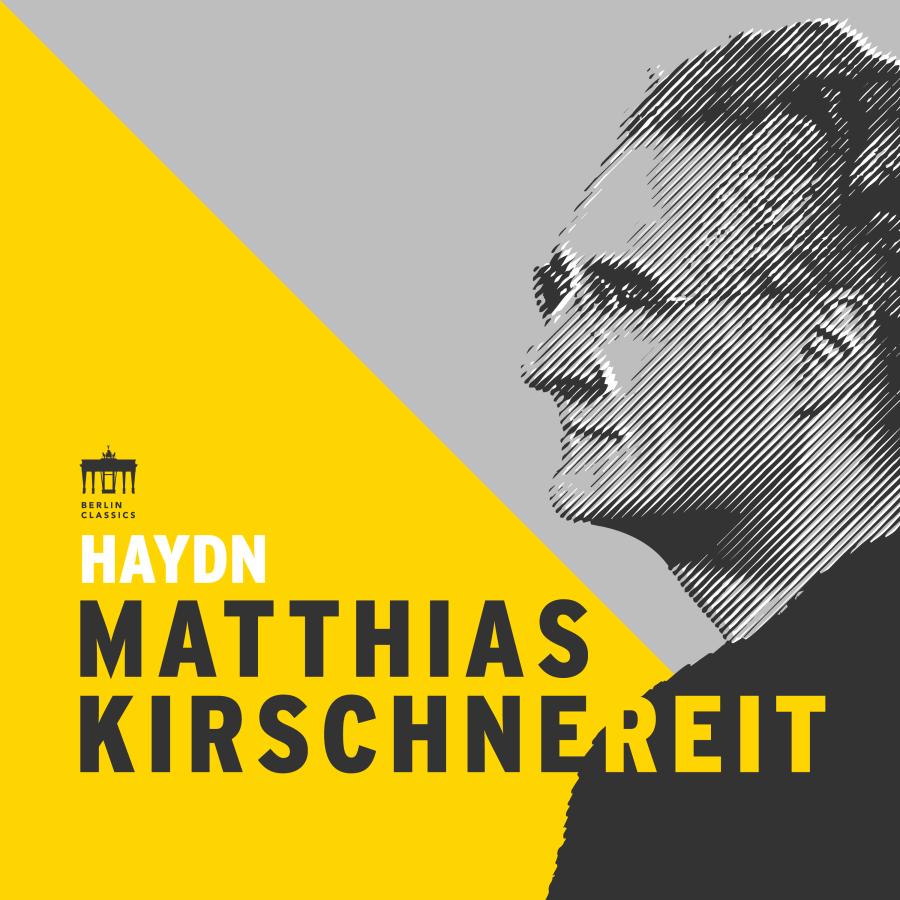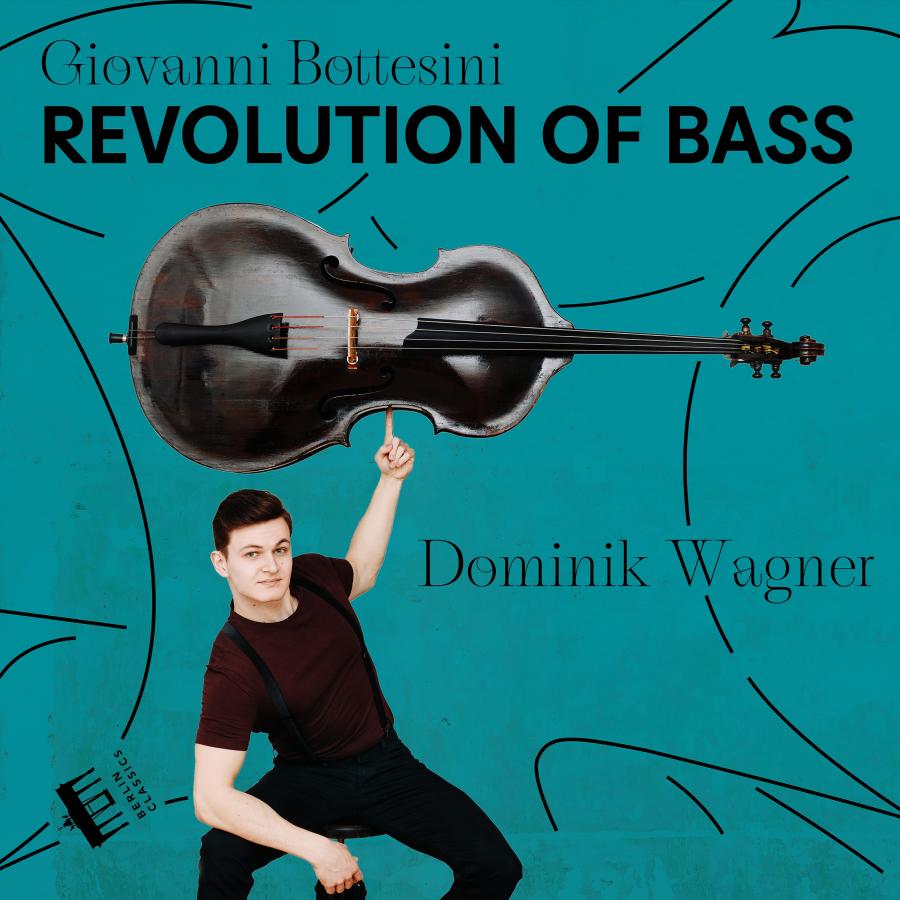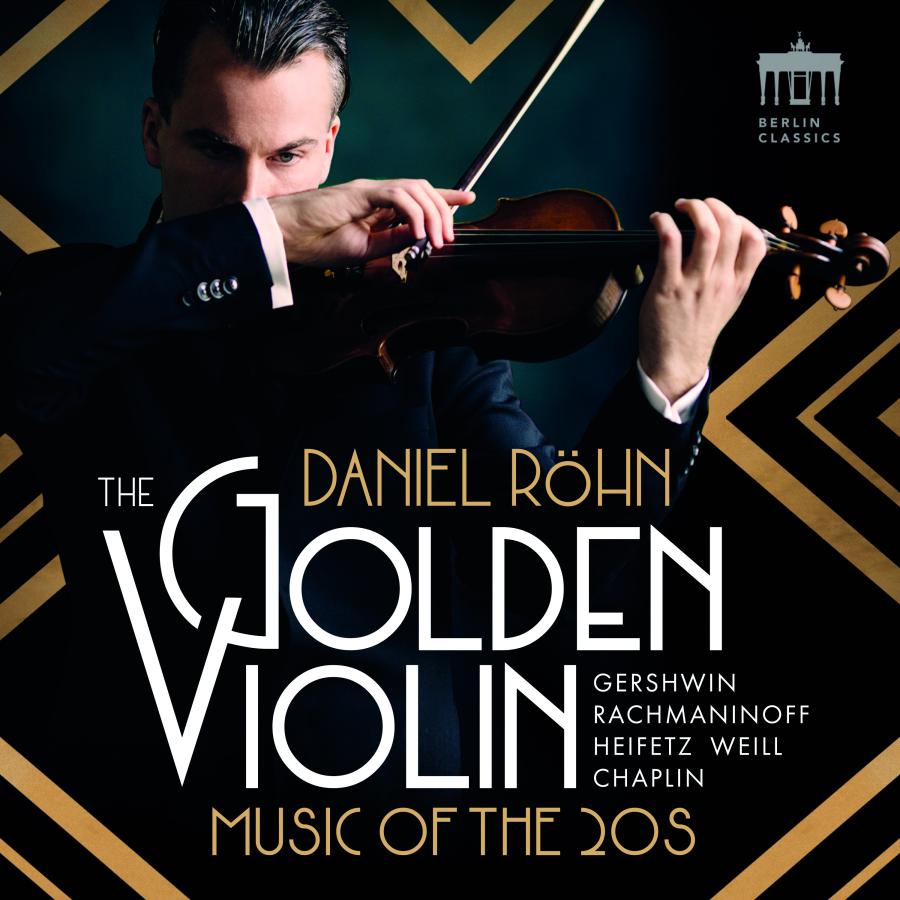“He is the American West. He is the heartbeat of New York. He is the musical voice of a nation.” Composer Aaron Copland is celebrated in his native land like a hero. The Württembergisches Kammerorchester Heilbronn (WKO) has immersed itself in Copland’s works as it follows the tracks of the USA and at the same time, those of its Chief Conductor Case Scaglione. Together with the internationally acclaimed soloists Wolfgang Bauer (trumpet), Sebastian Manz (clarinet) and Céline Moinet (English horn), the WKO has created an album reflecting the life of a composer who receives far too little attention in “old Europe”.
Evocative scenes from pioneer days, lonely nights in the great cities, jazz and Latin American melodies illustrate Copland’s subjective view of his multifaceted land. Born in the New York borough of Brooklyn on November 14, 1900, the composer grew up in a Jewish family as the youngest of five children. It was soon obvious that his main interest was music. In 1921, he went to France to enrol in the newly founded Summer School of Music near Paris, which was specially planned for American students, and stayed there for three years as a pupil of one of music history’s greatest teachers: Nadia Boulanger. During his time in Europe he got to know the great names of his time, like Maurice Ravel, Kurt Weill and a man who had a strong influence on his music, Igor Stravinsky. After a few years abroad he felt the pull of his native America, where he was captivated by the emerging musical form of jazz with its novel harmonies and rhythmic patterns. That is reflected particularly in a short phase of his life in which he followed the paths of the avant-garde, experimenting with free tonality, but also in his later compositions. In the 1930s, that all changed: tuned in to the American zeitgeist, Copland began to write for a wide audience, reaching them with the patriotism of works like “A Lincoln Portrait”.
The three works “Appalachian Spring”, “Quiet City” and his Clarinet Concerto, which are to be heard on the album, show off the greatness of this American composer while also giving glimpses into the life of Aaron Copland the man. “Quiet City” is a kind of ode to his home town of New York, a musical description of how the city that never sleeps could yet fascinate him with its very own kind of quietness.
Even if Copland wrote his music for a wide audience, it was anything but musically simple. His acquaintance with avant-garde music had taught him how to introduce a subtle complexity into his writing. This has always demanded technical capability and artistic sensitivity from the exponents of his works, abilities that the WKO is well able to demonstrate. Together with its conductor Case Scaglione and his three high-calibre soloists, the orchestra has created an album that does full justice to the musical genius of “Father Copland”.
Father Copland Württembergisches Kammerorchester Heilbronn & Case Scaglione
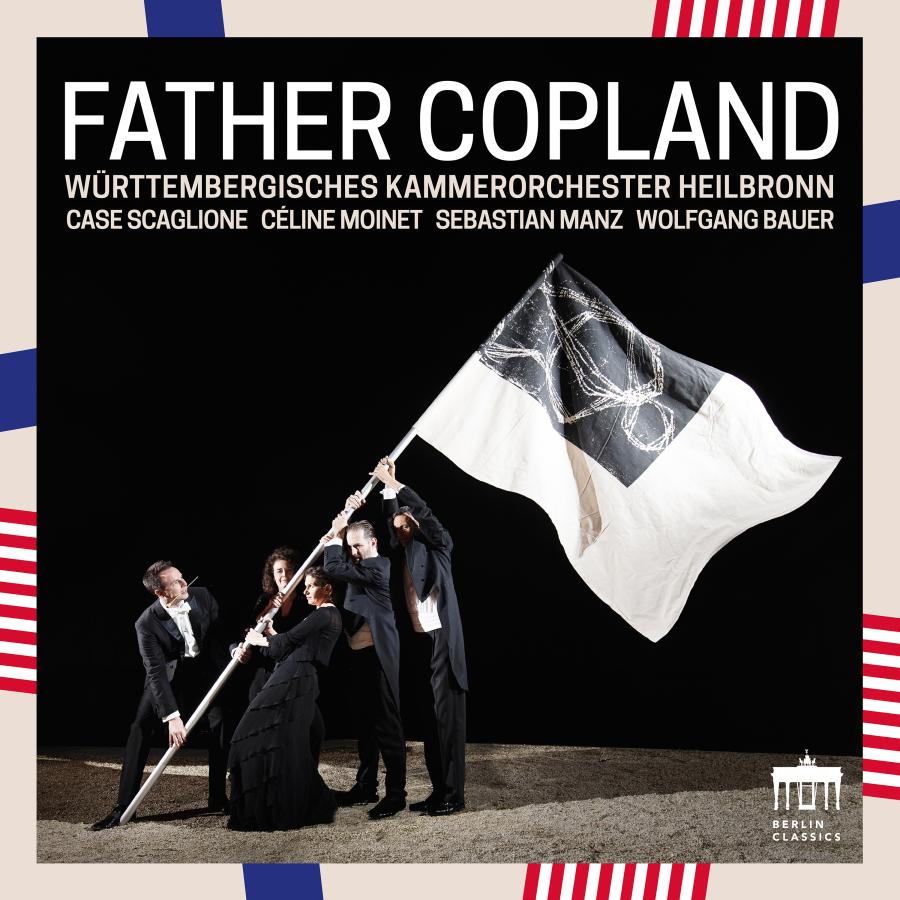
Composer

Further information
Genre
Sinfonische Musik / Orchestermusik
Publication date
15.05.2020
“He is the American West. He is the heartbeat of New York. He is the musical voice of a nation.” Composer Aaron Copland is celebrated in his native land like a hero. The Württembergisches Kammerorchester Heilbronn (WKO) has immersed itself in Copland’s works as it follows the tracks of the USA and at the same time, those of its Chief Conductor Case Scaglione. Together with the internationally acclaimed soloists Wolfgang Bauer (trumpet), Sebastian Manz (clarinet) and Céline Moinet (English horn), the WKO has created an album reflecting the life of a composer who receives far too little attention in “old Europe”.
Evocative scenes from pioneer days, lonely nights in the great cities, jazz and Latin American melodies illustrate Copland’s subjective view of his multifaceted land. Born in the New York borough of Brooklyn on November 14, 1900, the composer grew up in a Jewish family as the youngest of five children. It was soon obvious that his main interest was music. In 1921, he went to France to enrol in the newly founded Summer School of Music near Paris, which was specially planned for American students, and stayed there for three years as a pupil of one of music history’s greatest teachers: Nadia Boulanger. During his time in Europe he got to know the great names of his time, like Maurice Ravel, Kurt Weill and a man who had a strong influence on his music, Igor Stravinsky. After a few years abroad he felt the pull of his native America, where he was captivated by the emerging musical form of jazz with its novel harmonies and rhythmic patterns. That is reflected particularly in a short phase of his life in which he followed the paths of the avant-garde, experimenting with free tonality, but also in his later compositions. In the 1930s, that all changed: tuned in to the American zeitgeist, Copland began to write for a wide audience, reaching them with the patriotism of works like “A Lincoln Portrait”.
The three works “Appalachian Spring”, “Quiet City” and his Clarinet Concerto, which are to be heard on the album, show off the greatness of this American composer while also giving glimpses into the life of Aaron Copland the man. “Quiet City” is a kind of ode to his home town of New York, a musical description of how the city that never sleeps could yet fascinate him with its very own kind of quietness.
Even if Copland wrote his music for a wide audience, it was anything but musically simple. His acquaintance with avant-garde music had taught him how to introduce a subtle complexity into his writing. This has always demanded technical capability and artistic sensitivity from the exponents of his works, abilities that the WKO is well able to demonstrate. Together with its conductor Case Scaglione and his three high-calibre soloists, the orchestra has created an album that does full justice to the musical genius of “Father Copland”.
Tracklist - These are the tracks you will hear on the album
Father Copland
Württembergisches Kammerorchester Heilbronn & Case Scaglione
1
I. Very Slowly
2
II. Allegro
3
III. Moderato
4
IV. As Before
5
V. Subito Allegro
6
VI. As at first (Slowly)
7
VII. Doppio Movimento
8
VIII. Moderato - Coda
9
Quiet City
10
I. Slowly and Expressively
11
II. Cadenza. Somewhat Faster
12
III. Rather Fast
13
IV. Same Tempo
14
V. Ritmico Vigoroso



